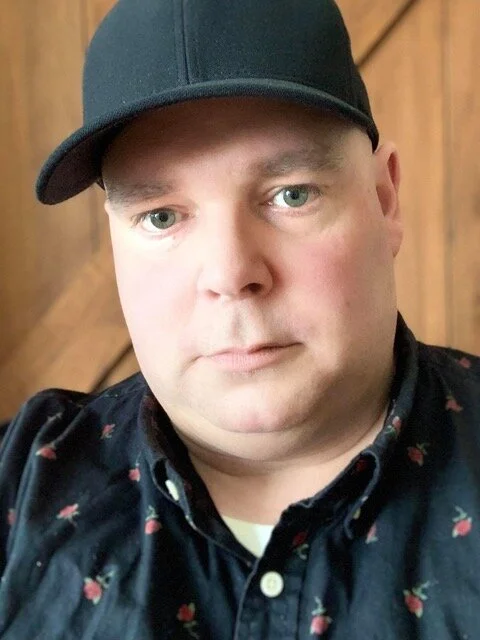Second Saturday of Advent 2019
Scripture reading for today:
1 Samuel 2:1-8, Psalm 146:5-10, Luke 3:1-18
Deconstructing my Faith in Christmas
In the past, when Advent approached, it was a mix of Christmas songs, carols, Santa Claus parades, Christmas card exchanges, workplace dinners, and gift exchanges. Along with volunteering with The Salvation Army, Christmas light drives at night, church musical outreaches, and children’s school holiday concerts. I’m already tired just thinking about it.
Each year felt like a repeat of the previous year until we as a family decided to try something different. Letting go of the way we are used to is challenging at some level. But in all things, part of us has to change if we are ever going to transform.
Richard Rohr talks about this process of transformation as three stages: 1) order, 2) disorder, and 3) reorder. A sense of order is a natural way to begin. But if we stay in safe, predictable patterns, they can become self-serving. ‘Order’ needs deconstruction, and we need to go through a time of ‘disorder’ to learn and unlearn by having new experiences. The vulnerability of the ‘disorder’ period gives way to further understanding and opportunities to grow up and ‘reorder’ your life and faith practice.
How did the disorder and reorder stages of transformation look for us as we deconstructed what and how we celebrated our faith during the Advent and Christmas season?
The year was 2006, and the church was running the Advent Conspiracy as a meaningful way to check out of the extremely consumer version of Christmas. The Advent Conspiracy’s founding is on the radical idea that we can celebrate Christmas humbly, beautifully, and generously. Advent is the story of an extraordinary moment when God entered our world to make things right. It is the greatest story ever told, and it transforms everything — including the way we celebrate Christmas.
The four areas of the Advent Conspiracy are:
Worship Fully – Nearly every character in the Christmas story that encountered our King responded in the same way: worship. Let’s make the conscious effort to reorient our hearts toward Christ. Christmas began with worship, may it end with worship.
Spend Less – In our hearts, we know mindless consumption is not the way to celebrate Jesus. But spending less does not mean spending anything. Instead, we will thoughtfully evaluate what companies and causes we support through our purchases.
Give More – The best gifts celebrate a relationship, and most often, they require our time and energy. Relational giving means that we think about the other person – what they care about and who they are. We focus more on giving our undivided presence and less on a pile of presents under the tree.
Love All – Christmas is a chance to move closer to those in crisis. We will love others as Jesus has loved us. God can reach the poor and hurting people of our world through the way we choose to celebrate Christmas.
For my wife and me, this made so much sense. We reordered our Christmas practice towards presence instead of gift-giving. We made space and time for loved ones, friends, and others. We invested our money into micro-finance groups to help people start local businesses in their communities and sent extra financial resources to our sponsor child so that he could choose something helpful for him. We reduced waste by not sending Christmas cards or wrapping gifts but instead communicated through emails and social media messages of how this shift in our understanding of presence was having an impact in our lives and around the world. These were the new practices that were the result of our deconstruction by engaging with the Advent Conspiracy.
During our ‘disorder’ time of learning, what we wanted to change and do during Advent and Christmas came with many questions and misunderstandings from friends and family. People felt since we were changing our practices around Christmas, they needed to change as well. Some communicated they thought we were saying there was something wrong with how they celebrated Christmas. When you make changes, you can’t predict how others will respond, and it also becomes an opportunity to invite others into the experience with you.
Does your faith and practice as a Christ-follower impact how you experience and prepare for Advent? Does it make a difference to others around you?
The transformation that came from our ‘disordered’ deconstructing of our ‘ordered’ every year has made considerable change in our ‘reordered’ celebration of Christmas. Advent is now preparing ourselves to end the calendar year, experience the mystery of what God is doing in our lives through Jesus, the Christ who entered this world, first as a vulnerable baby. We then look to starting a new year and ask God to help transform us again.



